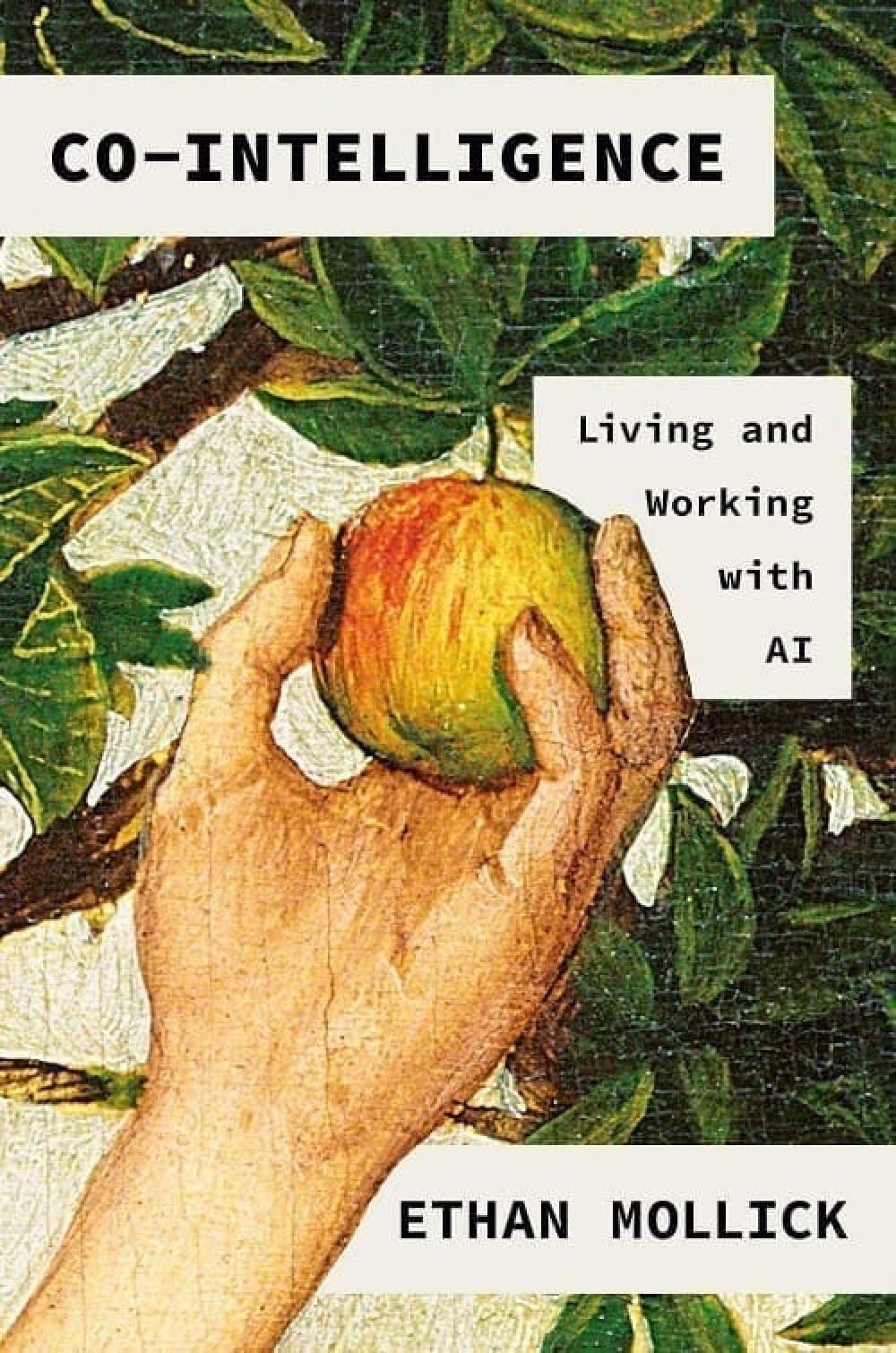Artificial intelligence is poised to revolutionize the practice of law and the public's access to legal services, not just in Colorado but wherever internet access is available. Both the legal industry and the public must carefully consider the implications of this technological revolution, although it’s crucial to avoid overreacting to its potential drawbacks.
For instance, in May 2023, a lawyer in Colorado used ChatGPT to research case law and draft a court motion, but he mistakenly included non-existent cases. He has since been placed on a one-year suspension by the Colorado Bar. And while his blunder could prompt premature calls to halt the use of AI in legal practice, such a reaction would be an overreach. Frankly, I believe that the broader use and benefits of lawyers using AI significantly outweigh the risks.
Corporate lawyers, for example, employ software like Spellbook for drafting and reviewing contracts, while litigation attorneys use the Thompson Reuters/CaseText tool CoCounsel to prepare documents and depositions. Furthermore, many lawyers leverage generic AI tools like ChatGPT to develop ideas ranging from negotiation strategies to marketing content.
While we could simply regulate legal AI tools, it must be remembered that lawyers are already mandated by professional conduct rules to remain informed about “the benefits and risks associated with relevant technology.” They also owe fiduciary duties to their clients and must not knowingly submit false information to courts. These existing rules already safeguard the public and legal institutions from negligent use of AI by lawyers.
But what about the use of AI by laypersons to resolve legal matters? Many argue that this use of AI falls short of the advice they can receive from a licensed attorney. But to my mind, that is not an appropriate comparison. Rather, the comparison should be whether their use of AI is better than what they already do today – searching Google, reading comments on Reddit, or asking a friend. And in my opinion, AI already outperforms those options.
For example, if a small business owner in Denver asks ChatGPT for advice regarding a non-paying client, the platform will provide her with a range of ideas, from sending a demand letter, to hiring a lawyer, and even to considering small claims court. Upon further query, ChatGPT accurately describes the financial limit for small claims court in Colorado ($7,500), provides further instructions on the small claims process, and provides links where the user can learn more and obtain relevant forms.
This advice could be just as effectively obtained through traditional means, such as internet searches or phone calls to the court. However, the conversational nature of AI tools like ChatGPT makes legal information more approachable and accessible for individuals unfamiliar with the legal system.
It is becoming increasingly clear that AI should be a key component in finding a solution to this country’s access to justice crisis. In our society, many rural counties have few or no lawyers. In fact, as of 2020, according to the ABA, 40% of U.S. counties had fewer than one lawyer per 1,000 residents. And even in urban environments, most individuals and small businesses cannot afford an attorney.
Perhaps training more lawyers is the answer. But perhaps a better answer would be to expand access to legal AI tools and encourage existing lawyers to use AI regularly. The Colorado-based Institute for the Advancement of the American Legal System (IAALS) focuses on the issue of access to justice, and their extensive “Justice Needs and Satisfaction in the United States of America” report is an eye-opening read.
While it’s unlikely that AI will replace lawyers entirely, it is certain to transform many aspects of legal work, and lawyers cannot ignore these changes. For one, their clients will expect them to use modern technology to solve their problems. Moreover, lawyers have an ethical duty to maintain competence with relevant technology. And that technology now includes AI.
More broadly, the legal profession and our larger society should welcome these changes for their potential to improve how lawyers work and how individuals and businesses obtain legal services. Let’s not overreact with burdensome regulations, but rather, let’s encourage change and adopt reasonable regulations to curb the bad actors among us.








